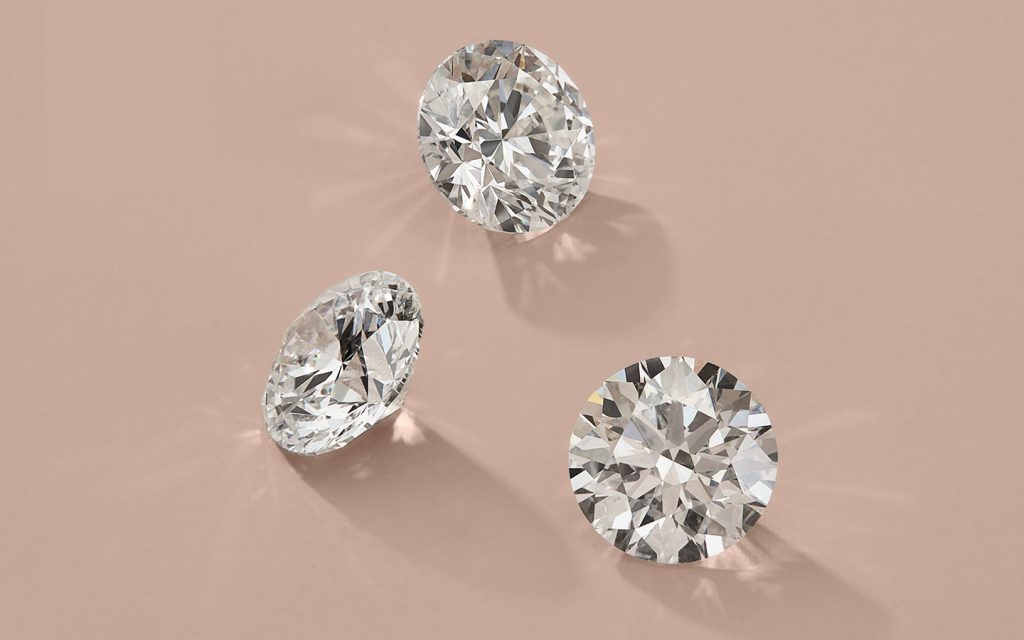Introduction to Lab-Grown Diamonds
Lab-grown diamonds have taken the jewelry world by storm, offering a beautiful and ethical alternative to mined diamonds. With their stunning brilliance and purity, they’re perfect for everything from engagement rings to statement pieces. But when it comes to certification, two names often pop up: IGI (International Gemological Institute) and GIA (Gemological Institute of America). Both organizations are well-respected, but they have distinct differences that can affect your diamond purchasing decision. Let’s dive into the nitty-gritty and compare igi vs gia lab grown.
What is IGI?
History and Reputation
Founded in 1975, IGI has established itself as a leading gemological laboratory known for its focus on diamonds, gemstones, and jewelry. With a global presence, IGI provides grading and certification services that help consumers make informed choices. Their reputation is solid, especially in the realm of lab-grown diamonds, but how does it stack up against GIA?
Certification Process
IGI’s certification process involves detailed analysis and grading based on the 4Cs—cut, color, clarity, and carat weight. They also assess other factors such as fluorescence and proportions. Their reports are designed to be user-friendly and accessible, catering to a wide range of customers, from first-time buyers to seasoned collectors.
What is GIA?
History and Reputation
Established in 1931, GIA is one of the most prestigious gemological organizations in the world. They are widely recognized for their rigorous grading standards and commitment to research and education in the gemological field. GIA’s certifications are often seen as the gold standard, especially when it comes to natural diamonds.
Certification Process
GIA’s certification process is comprehensive and methodical. Their grading reports also focus on the 4Cs and include additional details like the diamond’s origins and unique characteristics. GIA is known for its strict grading practices, ensuring that consumers receive highly accurate assessments of their diamonds.
Key Differences Between IGI and GIA
Grading Standards
While both IGI and GIA follow the 4Cs, GIA is often considered to have stricter grading standards. This can mean that a GIA-certified diamond may be perceived as higher quality compared to an IGI-certified diamond of the same grade. If you’re looking for the utmost precision and detail in your diamond’s grading, GIA might be the way to go.
Types of Diamonds Certified
IGI certifies both lab-grown and natural diamonds, making it versatile in its offerings. GIA, while primarily known for its natural diamond certifications, has also begun grading lab-grown diamonds but with a more cautious approach. This difference in focus can influence your choice, depending on whether you’re interested in lab-grown or natural stones.
Market Recognition
GIA holds a more prominent reputation in the jewelry industry, often being the preferred certification for high-end jewelry. Many jewelers and consumers view GIA-certified diamonds as having greater value. IGI, while reputable, may not carry the same weight in the luxury market. This could affect resale value if you’re considering an investment.
Choosing the Right Certification for You
Why Certification Matters
When investing in a diamond, certification is key. It assures you of the diamond’s quality and authenticity. With lab-grown diamonds gaining popularity, understanding the certifying body’s reputation can help you make a more informed decision.
What to Look For in a Certification
When examining certifications, consider factors such as transparency, grading accuracy, and the organization’s reputation. A good certification should provide clear details about the diamond’s characteristics and a guarantee of quality.
Consumer Insights: IGI vs. GIA
Pricing Comparisons
In general, IGI-certified diamonds may be priced slightly lower than their GIA counterparts, reflecting the differences in grading standards and market perception. This doesn’t mean that IGI lab created diamonds lack quality; they just cater to a different segment of the market.
Customer Feedback and Satisfaction
Customer reviews can offer insight into the satisfaction levels with IGI and GIA certifications. Many consumers appreciate the thoroughness of GIA reports, while others enjoy the accessibility of IGI’s certifications. Understanding buyer experiences can guide your choice, ensuring you select a certification that aligns with your expectations.
Conclusion: Making an Informed Decision
When it comes to IGI vs. GIA for lab-grown diamonds, both offer valuable certifications, but they cater to different preferences and priorities. GIA may be your choice if you’re after the gold standard and stringent grading. On the other hand, if you value a more approachable and versatile certification, IGI could be the way to go. Ultimately, understanding the nuances between these two organizations will empower you to make a choice that resonates with your needs and desires in the world of beautiful lab-grown diamonds. Happy diamond hunting!

